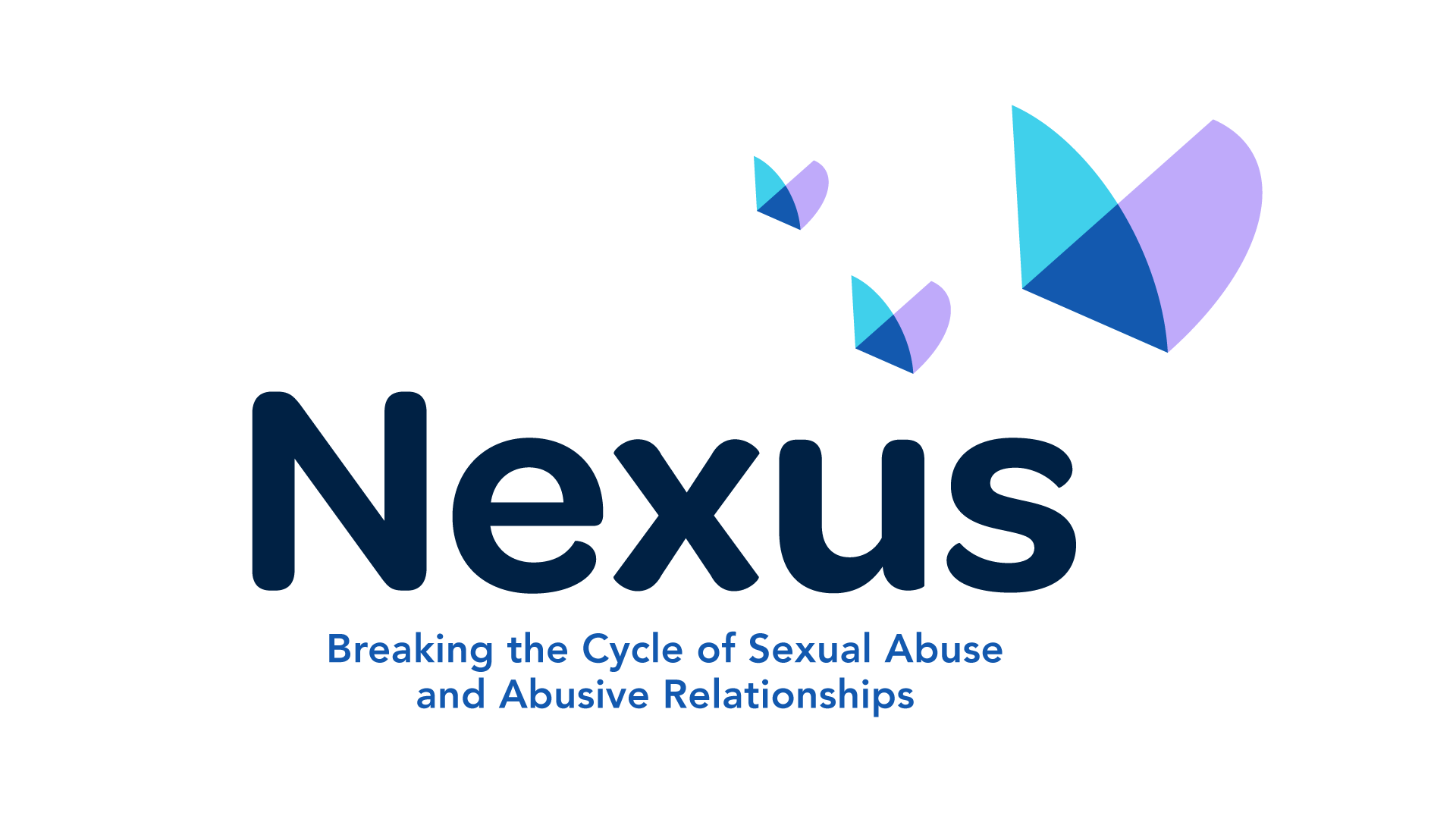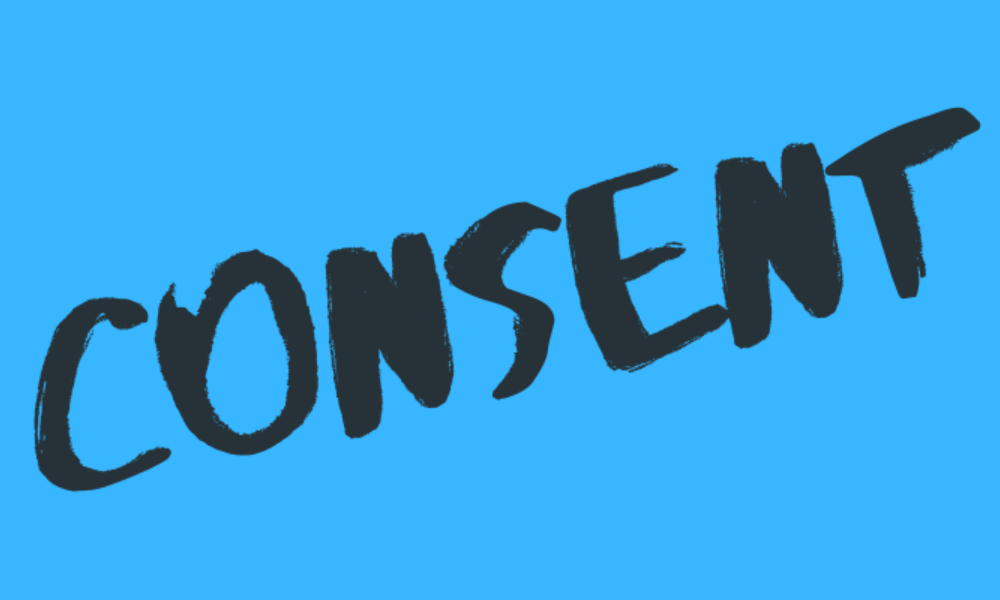What is consent?
In most Nexus Training & Education workshops we talk about consent and what it is? consent is so important. Without consent, it is rape or sexual assault. We need more training and education for our young people on consent and what it means.
The definition of consent is, “A person consents if she/he agrees by choice and has the FREEDOM and CAPACITY to make that choice.”
Choice is imperative when we are discussing consent. We know that when choice is not there, the person may have been coerced, manipulated pressured, or bullied into having sexual relations without their consent. However, this can be misconstrued by the outside world to make it look as if it was consensual. We are still living in a society that is quick to judge when it comes to victims and survivors of sexual abuse, and instead of blaming the perpetrator for committing the crime, society victim blame. This is naturally going to make it difficult for anyone who has been sexually abused to come forward as they will feel they will not be believed. Therefore, I feel it is crucial to open this conversation about sex and consent.
By breaking the silence and having conversations about sexual consent and when it is not consent, we will help pave the way for victims and survivors of sexual abuse to talk to someone about their abuse. Important points to remember about sexual consent and when it is not there are: when the individual is under the age of 16; when a person is drunk or has taken drugs; if the person is asleep or unconscious; if a person is mentally incapable or if the person has been threatened, coerced, or deceived.
Other points to remember about consent include: the person who is looking to have sex is responsible for ensuring that they have consent; consent is an ongoing process; not a ‘one off’. Consent to engage in one sexual activity does not mean consent to engage in other sexual activities. Consent can be both verbal and non-verbal and most importantly a person can change their mind and consent can be withdrawn at any time.
By having conversations about sexual consent, we will open conversations which will help break down the rape culture in society about sexual abuse. These conversations will help people learn about sexual abuse, they will learn that they have choices, they have the right to say no, their body is their body and only you decide who touches you, they need your consent.
When you get consent, you are keeping yourself right and you are respecting the other person. If there is any hesitation over consent, if you are not sure if consent is 100% there, the best option is to stop and make sure the other person is OK. Let us all start to listen and believe victims and survivors of sexual abuse. Let’s educate our young people on relationships and sexuality education (RSE) so they know the difference between a healthy and unhealthy relationship. Let us all treat others with empathy and respect.
“You’re not a victim for sharing your story. You are a survivor setting the world on fire with your truth. And you never know who needs your light, your warmth and raging courage.” (Alex Elle)
Nexus provides consent workshops to schools, youth and community groups and voluntary organisations.
For more information email jan.winton@nexusni.org





